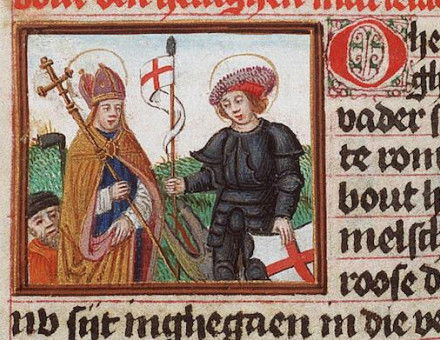Sir James McGrigor and the Army Medical Corps
Wellington, writes Richard Blanco, was one of the first British commanders to recognise the importance of the medical corps.
During the Napoleonic Wars, British army surgeons won public acclaim for their skill and sacrifice in ameliorating the suffering of sick and wounded soldiers. In the post-Waterloo and early Victorian eras, military doctors improved surgical techniques, enlarged the scope of preventive medicine, and contributed to the study of tropical diseases.
The man most responsible for the rise of the army surgeon and for the professionalization of the Army Medical Department was its first Director-General, Sir James McGrigor.
Born a merchant’s son in Invemesshire in 1771, McGrigor was educated at the Grammar School and at Marischal College, Aberdeen. Attracted to the study of medicine, the young Scot spent three years in attendance at Aberdeen infirmaries, in a phase of training corresponding to a modern internship; he completed his professional preparation by attending medical lectures from prominent physicians in London and Edinburgh.





